Please Enter ZIP/Postal Code
- Apply Locally
- Call phone number(512) 298-4916 24/7 Emergency Services
Please Enter ZIP/Postal Code
- Apply Locally
Call phone number(512) 298-4916 24/7 Emergency Services
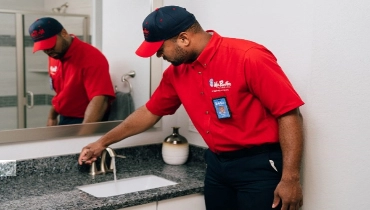

There are almost 500,000 plumbers in the US. That means when choosing residential plumbers — especially in a large city like
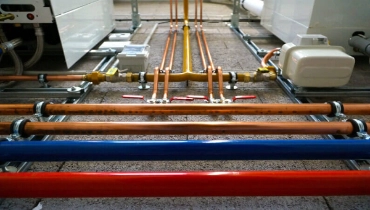

Many people only realize how much their plumbing system affects their everyday life once something goes wrong. Not only does it he


The first water pipes were created sometime around 4000-3000 B.C. While some forms of plumbing have been around for tho
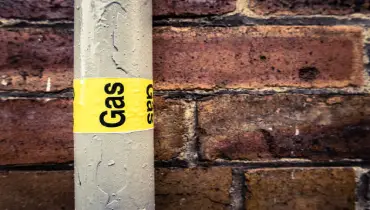

1. Hissing SoundWhen a gas line has a hole or crack, the fuel will escape. Some of these holes are too tiny to detect with your na
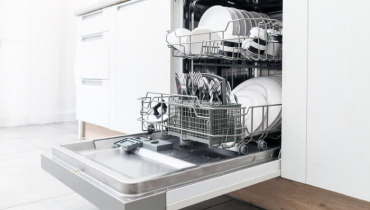

Is your dishwasher failing to do its valuable job? When you open the door to find your plates and cutlery are still dirty, you kno
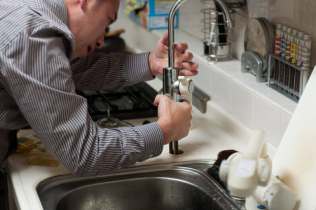

You finally moved into a new home. Congratulations! But before you get all jumpy and excited, remember that you still have a lot o
.webp)
.webp)
Is your garbage disposal leaking, but you can't spot the culprit? Well, checking a garbage disposal is a bit complex because the p
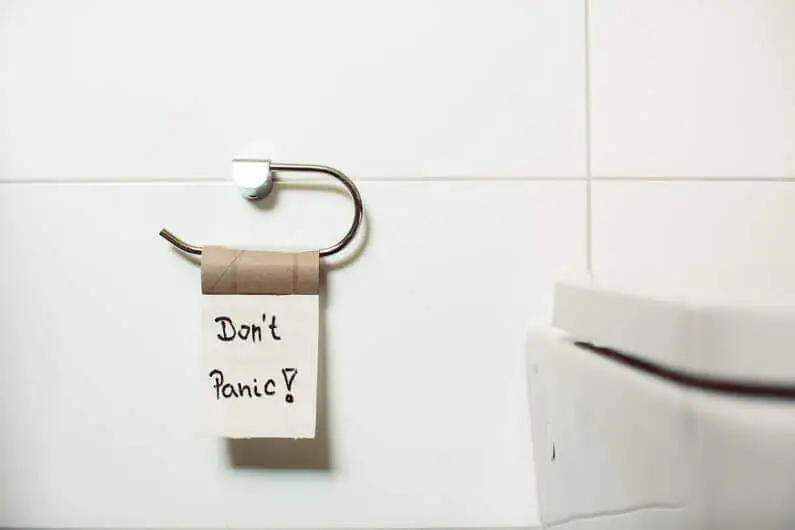

According to the Environmental Protection Agency, American toilets use up to 26.7% of the total water consumed in an average home.


If you’re not paying close attention, a high water bill can really sneak up on you.Long showers, frequent dishwasher cycles,
.webp)
.webp)
The Bureau of Labor Statistics reported the median pay for plumbers and pipefitters was $28.79 per hour in 2021. Regardless of the